For 75 years, the Veterans Health Administration has honored America’s Veterans by providing exceptional care to improve their health and well-being. This new video reviews VA’s legacy of caring for those who served, and highlights advances that continue to propel VA health care to the forefront of medicine.
Looking forward
In the video above, VHA Chief of Staff Jon Jensen welcomes viewers and introduces the VHA story.
“Over the course of the program, we’ll go on a journey where you’ll learn about our chaptered history of service milestones, and how today’s best practices have been instrumental in our response to unforeseen challenges, like COVID-19.”
History
History buffs will enjoy VHA Historian Katie Delacenserie’s detailed tour of VHA’s origins.
“The story of the creation of the Department of Medicine and Surgery, which would eventually become the Veterans Health Administration, started on Aug. 15, 1945, when General Omar Bradley became Administrator of the VA.”
Academic affiliations
VHA Office of Academic Affiliations’ Dr. Karen Sanders tells about the important relationship between VA and America’s academic institutions:
“Over the years, VA’s academic affiliations have developed into the largest public-private partnership in VA’s history and have become a cornerstone of American healthcare professionals’ education.
“Through its academic affiliation programs, VA has trained approximately 125,000 U.S. health professionals annually, in 40 different disciplines.”
Volunteers contribute
More than 60,000 volunteers contribute to our mission of serving Veterans here at VA. VA’s Voluntary Services Director, Dr. Sabrina Clark, takes a look at their unparalleled degree of dedication, commitment and selfless service.
Prince Taylor shares a few of the powerful, emotional stories we have heard at our TEDx events.
For 75 years, the Veterans Canteen Service has proudly performed its mission, offering dining, retail, and other services to our nation’s Veterans, their families and their VA caregivers. Here’s a look inside the history of VCS, where there’s more than what meets the eye – and the plate.
Innovations
Dr Carolyn Clancy introduces the VA innovation ecosystem. “It’s made up of leaders in science, research, and technology, all dedicated to shaping the future of healthcare operations at all levels and across the globe. We do this by working together towards a common goal to improve the customer experience.”
Thanks to our VHA family
VHA Chief of Staff Jon Jensen:
“I hope you share my profound joy in celebration of our 75th anniversary event. I hope that you are left with a better understanding of where we came from, as an organization, and where we are going.
“Thanks to our dedicated VHA family and community support. Remember, our freedoms are not free, but granted to us thanks to the women and men who were, and are, prepared to make the ultimate sacrifice for our liberty. Happy 75th anniversary VHA.”
Topics in this story
More Stories
Air Force Veteran Shireta Jones overcomes obstacles with support from VA and adaptive devices to continue her passion for pickleball.
Pittsburgh VA and its partners practice relocating hospitalized patients during disasters and public health emergencies.
VA and Veterans Yoga Project are working together to make more Veterans aware of the benefits of yoga while offering more classes.

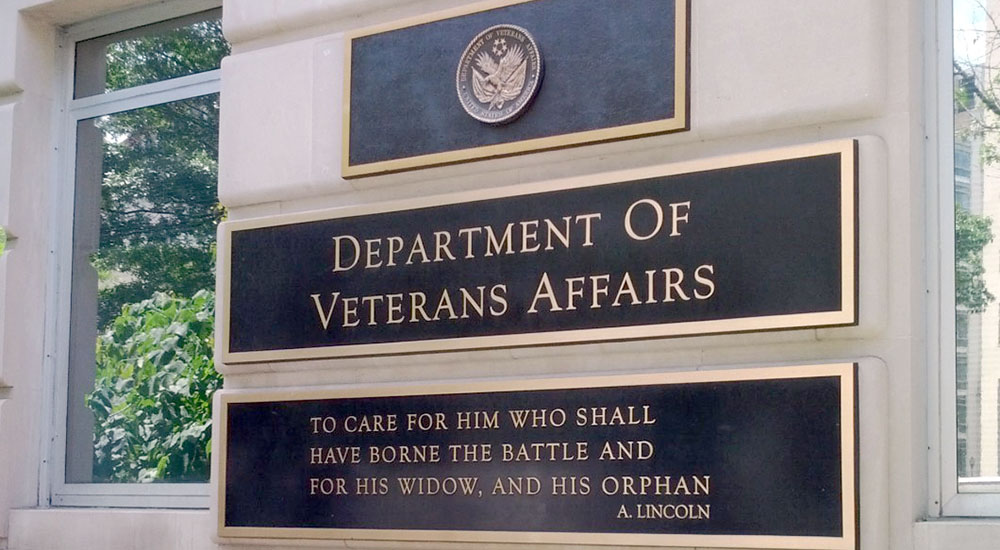
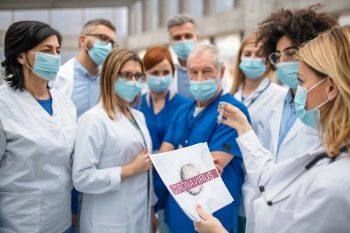

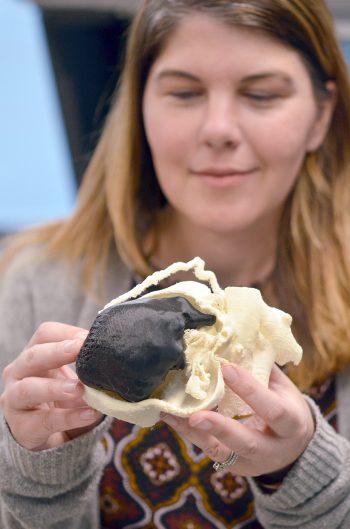

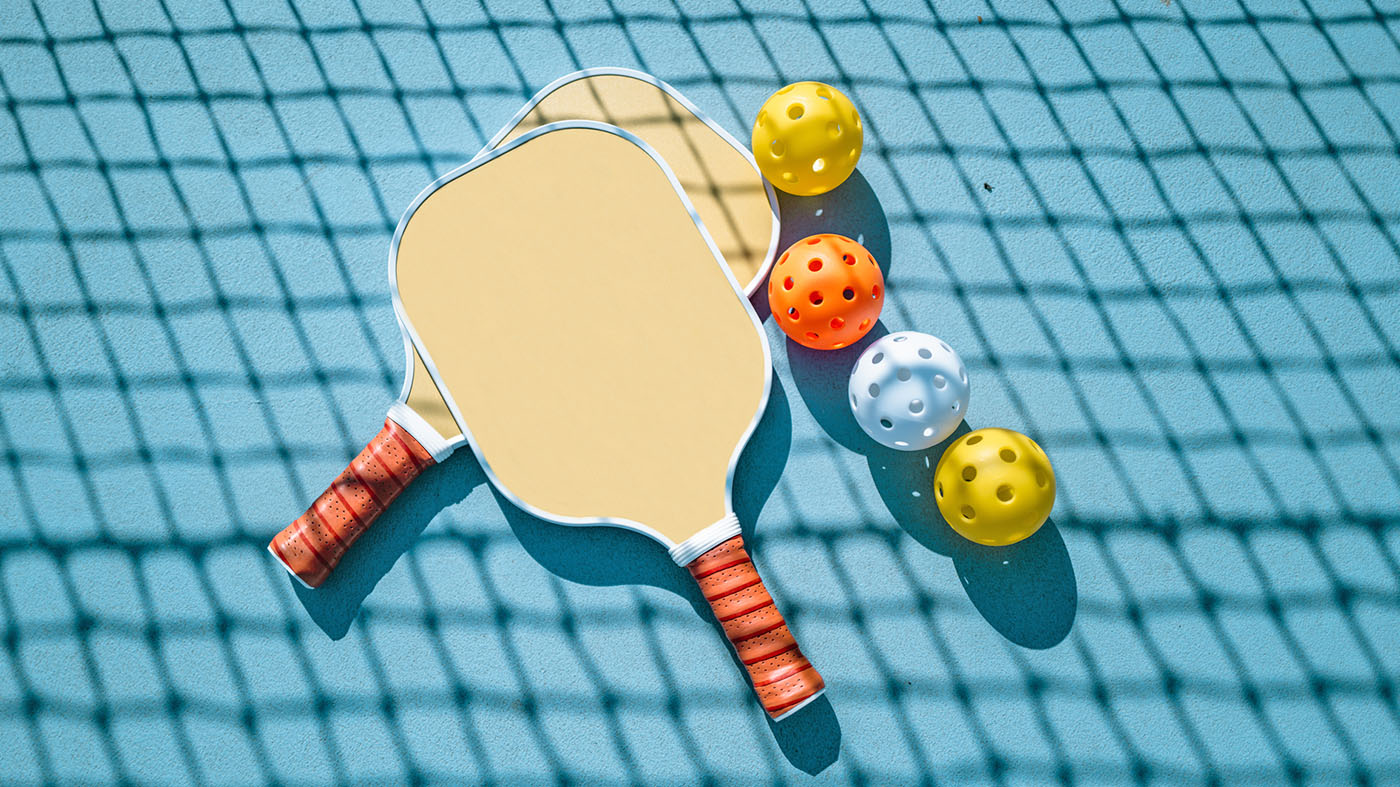
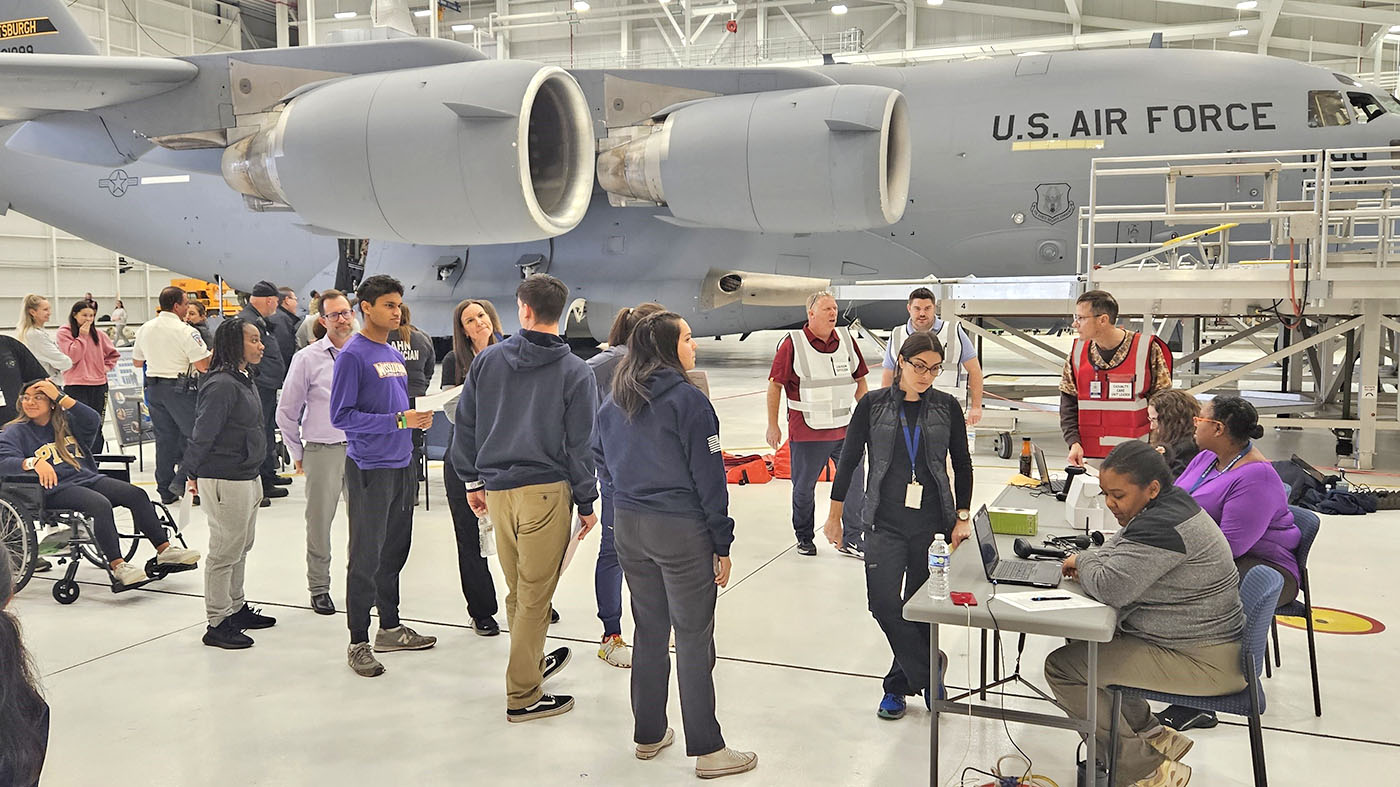
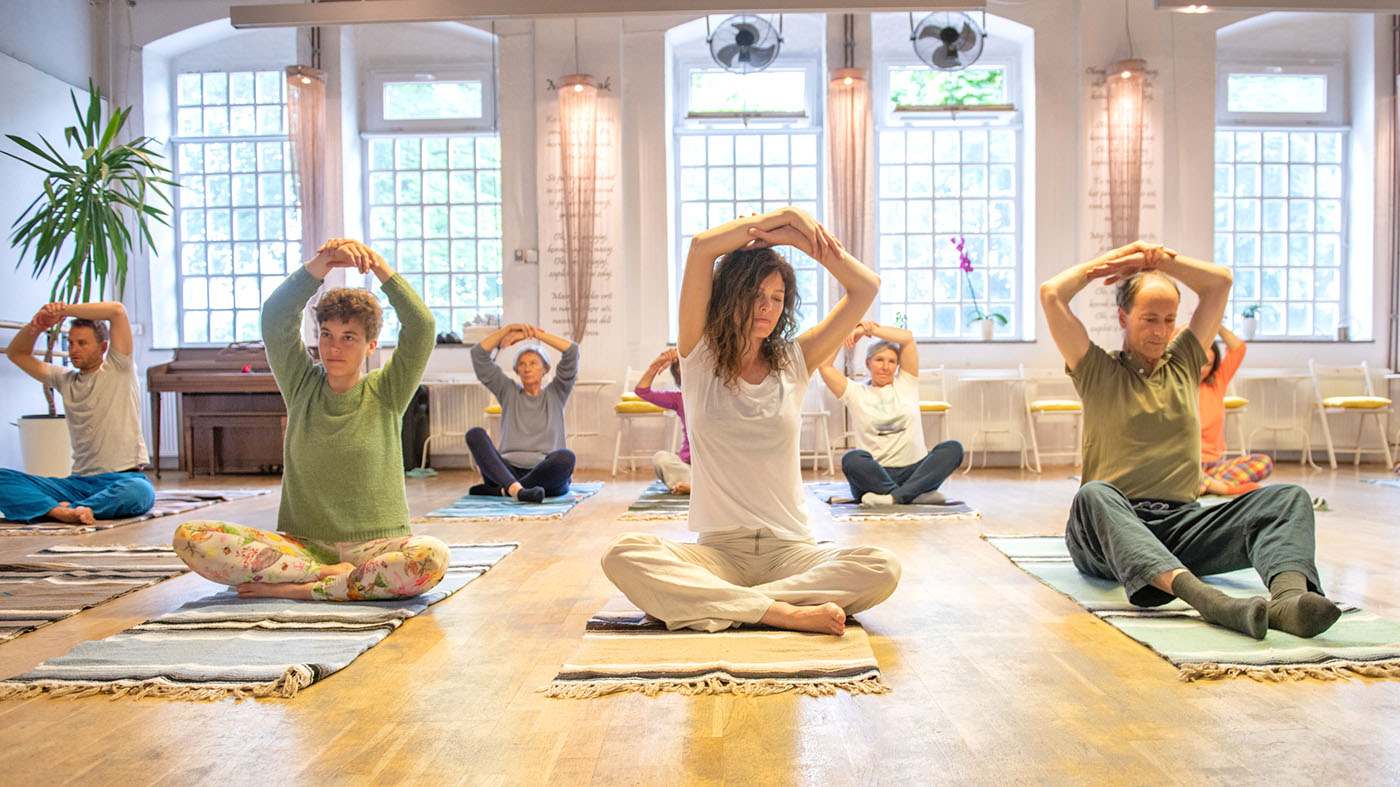


I go to the Victorville va and the hospital in I think it’s Redlands California. In my opinion they want you to suffer until you do something stupid. If they would look at the science and the truth about pain and psychological meds they the VA wouldn’t have 20 suicides a day. Keep fighting for life liberty and the pursuit of happiness. I’m 72 years old and haven’t been able to have any kind of life in 4 years.
Not sure who this person is or what planet they’re from. I have been using the VA Healthcare System since 1975 shortly after my discharge from the Army. I use the VA for my primary care as well as some major surgeries in and could not ask for better more attentive healthcare. Some people r just complainers or don’t think the VA did things their way. Amazingly I hear veterans complaining in waiting rooms awaiting free healthcare. Maybe they should go to a private Dr’s office & see how long their wait time or if the care is any better. It’s an insult to say the VA Dr’s aren’t qualified & get their MD degrees from Grenada
You don’t have to die because a doctor tells you that you are about to.
This is how I lived (with help) when I should be dead and buried.
VA saved me
Read it, it happened just this way.
A want to acknowledge; Angela Davis, Racheal Davis, Christian Edwin, and Dr. Kartik Mani my personal saviors.
I wanted to openly share a few experiences that I went through. I hope this helps someone somewhere, if nothing else it allows me to cycle through the emotions of the trauma I experienced. I tend to stuff those things down deep, when allowed to roam around inside me they wreak havoc on me. Writing about them helps.
I was scheduled to begin work on the project I fell Ill and lay in bed for a week. My wife begged me to go to the ER but I told her that I had bronchitis and that the antibiotics I had from last year would turn it around. Well they didn’t and on day 6 my legs and feet swelled up. I thought the fluid from my lungs must have just somehow drained into my legs. She called an ambulance and the paramedics immediately recognized that I was in trouble. But I still refused treatment. My wife asked them to restrain me and take me, then called our football player size neighbor over to help hold me down. I relented, and agreed to be taken to the ER but only in my own jeep, no ambulance ride with people sticking needles in me along the way. Everyone agreed.
Arriving at the ER they immediately recognized that I was in the throes of a cardiac infarction (heart attack) I let it destroy my heart for six days until I got treatment. No one knows how I didn’t die. I’m a tough cookie I guess. The point is, my heart had destroyed itself and was barely beating and I was expected to die at any moment. It operated at an efficiency fraction (EF) of just 10%. Oops, bye bye Stevie. Only a transplant could save me, and because of the ravaging infections, respiratory and other organ damages I was not a candidate for this procedure. In regular people words, the doctors were saying “we don’t waste our time and money on stupid people that won’t go to the hospital when they are clearly sick.” But a week later, they somehow managed to get me stable and send me home on Christmas day to see my family. I was not expected to last the week, and everyone had steeled themselves for this event. I knew this because they were all so sickening sweet about everything. We are a close family, and that means being bluntly honest at times; so the sickening sweetness was never really part of my home life. That’s how I knew I was screwed.
I soon began a home hospice program and lay in bed too weak to do much for about four weeks.
One day I received a phone from a lifelong friend. I recalled that he had some cardio related surgeries a few years prior, and he was doing great. He told me that the Veterans Administration in St. Louis had recently built a state of the art cardiology unit with the best of everything. My next research yielded interesting information. The Veterans Administration was working with local universities to train young surgeons and that they had performed certain high risk procedures with great success. I surmised that they were able to do this because of the reduced liabilities of federal protections. I somehow knew I was saved that day, these guys had nothing to lose by taking my case, and that would embolden them to take the risks that would be required in my case. As a veteran, I had my reservations, you know, there are a lot of stories out there… I was about to receive the best healthcare of my lifetime.
I set about calling to reach the Chief of Cardiology of the John Cochran VA Medical Center Facility in St. Louis. After a week leaving colorful messages explaining I was a 10% EF guy, but I refused to die, my family still needed me for a while. In one message that got someone’s attention, I stated: “I’m not asking will you, I’m saying you will”. I said: “You will help me, understand that ‘No’ is just not going to work for me. I’ll call and call all day, every day until you call me back.” Before long it happened, the head cardiologist’s assistant called me and asked “when I could travel to St. Louis to meet with the doctor, he said he would take my case.” They probably thought I was crazy.
A few weeks later I met with Dr. Kartik Mani, MD of Interventional Cardiology at the John Cochran VA St. Louis Medical Center. When I arrived at his office I was breathing heavily, when he inquired, I explained that I had just walked there from my daughter’s about a mile away. His eyes visibly grew in size, with a strange smile and wide eyes he asked me to sit down. The next thing he said to me blew me away.
“Mr. Davis you have lived over two month’s with an EF of 10%, traveled here from Texas, then walked here from a mile away. Do you realize you are at the highest possible risk of sudden death, I mean at any moment. That’s why no surgeon will touch your case.” The doctor further stated: “I don’t think I’ve ever had a patient like you. OK I’m going to save you, I know that I can buy you some time, possibly a year, beyond that it’s up to you, luck and fate”.
Well that’s my take away from his statements, he used other words I’m certain.
This wonderful man checked me into the hospital on the spot after our meeting. I tried to tell him I would come back the next day, and he said: “No, you are not leaving this hospital until I’m sure you are going to live for a while, so sit down & be quiet someone will be here to take you to a room.” Wow, OK. My heart skipped a beat, I thought well be careful what you wish for. Over the following three weeks the doctor peeled 35 pounds off of me, and I was already lean and shapely when I arrived. I became a stick man. I was attached to IV’s almost the whole time, I had to threaten to blow up the hospital to get them to allow me to shower. My arms were black and blue from the continuous blood work being sucked out of me by the vampires in the lab. Oh, to add to the fun, I have a pathological fear of needles. Well, I did, now I’m just a human pin cushion. It no longer bothers me too much, I guess you could say I stuck with it. The doctor was thinning my blood and preparing my body for the upcoming fun. Groups of university surgeons paraded by with sad eyes because they thought they knew my fate. Dr. Mani had to get all the major surgical teams in the area to review my case and deny me surgery before he would touch me. One by one I was denied and considered terminal. One surgeon, from a prominent nearby major medical center, woke me up from a dead sleep at five am one morning to tell me that my case was way too risky, and good luck to me. Did he really have to wake me up to tell me this? Great Guy.
Yippie, I’m terminal, now I can live. Crazy stuff.
I’m not going to candy coat the next part.
The day before the surgery the Doctor diminished the extent of the procedure as he explained it to me, it was the only time he ever did so. (He was always bluntly honest with me, and I appreciated it.) He said the procedure would take a few hours, and I would be home in a day or two. When I woke up in recovery I was angry and screaming at everyone. He had to know that no one would have agreed to what I had signed on for. I had no idea going in. I awoke in ICU strapped to a bed with leg splints and what looked like large cables protruding from my scrotum, a thing sticking out of my neck that was about 1 inch in circumference. I had been catheterized (in the private part) with what felt like garden hose, and the tube from that part of me had blood droplets on it, and it stung like a was getting sliced by razor blades down there. My heart was so weak that no pain medication could be administered. Oh, and I was bleeding from every tube sticking out of me. I mean bleeding a lot and for days. All the blood thinners allowing my heart to recover would not allow for coagulation, so I lay in puddles of blood for a week, with horrible pain and little relief.
What had I gotten myself into? “Let me off this table now!” fell on deaf ears day after day. I could see Dr. Mani talking to people outside of my room but he wisely stayed out of my reach until it was time to surgically remove all of the equipment that they had inside my body keeping me alive. I had a balloon pump that was actually a surrogate heart, it pumped for my heart so it could recover from the surgical trauma, and other monitors and instruments pushed through my arteries and inside my heart. I was wide awake and horrified at the removal process. He came in later, and in a soft voice he said “You never would have agreed, so here we are now and you are going home in a few days.” The next day, when he had me tested for an improved EF rating, they coincidentally discovered blood clots, one in my heart valve, and the other in my leg artery. This extended my ICU stay considerably as they agreed on a strategy to dissolve them. Whatever they did worked, the clots dissolved, well mostly.
I was traumatized as hell. I ate Jello and broth and just about disappeared, but I was alive. I had gotten what I asked for.
Six surgeries later, I now know that Dr. Mani is a giant in his field, highly published and widely respected. He and I have become friends, texting back & forth on a regular basis. He worries about me and insists that any doctor that comes near me speak with him first. I was his Mount Everest patient he once told me, and that he felt he’d done it all with his skills.
I currently have an EF of 25%, I’m still considered terminal statistically, but with diet, exercise, and low stress I could live for 5 maybe 10 years if I’m real lucky. I had only sought and expected a single year. Now, after all the pain I’ve endured to get here, no virus is going to take me out – so stay away – everyone.
14 days to Covid – 19 Vaccination # 1.
Thank you for taking the time to read my story.
Most of all thank you to Dr. Kartik Mani & the amazing Cardiology Team at the John Cochran VA Medical Center, in St. Louis, MO.
By
Stephen F. Davis
U.S. Navy Veteran
Wow you covered nothing on the volunteers. You only seem to push what you want to push not what the veterans need. You don’t publish anything about when the covid shots will be given at what facilities. you don’t help us by including our care people people that we hire to work for us to help us with cleaning with doing all kinds of different jobs that we need done because we’re housebound. To get the covid shot so they can help us. And nothing is offered for housebound veterans. You never give a step by step instructions to do the many things you want done medically or physically.
You hire doctors that are totally unqualified. Yes they may have a sheepskin from a university like Georgetown University in Grenada. But they don’t have the knowledge necessary to work as a doctor and most people’s opinions. the people’s opinions that I’m talking about are the people that have had to take and use them because the va’s hired them. We need real doctors in the VA health Care system.
nice knowing about this really.. it helps me in everyway